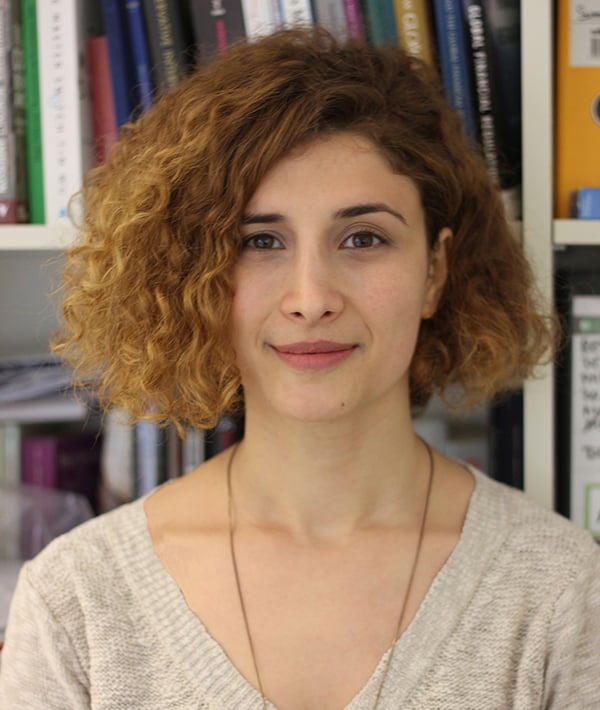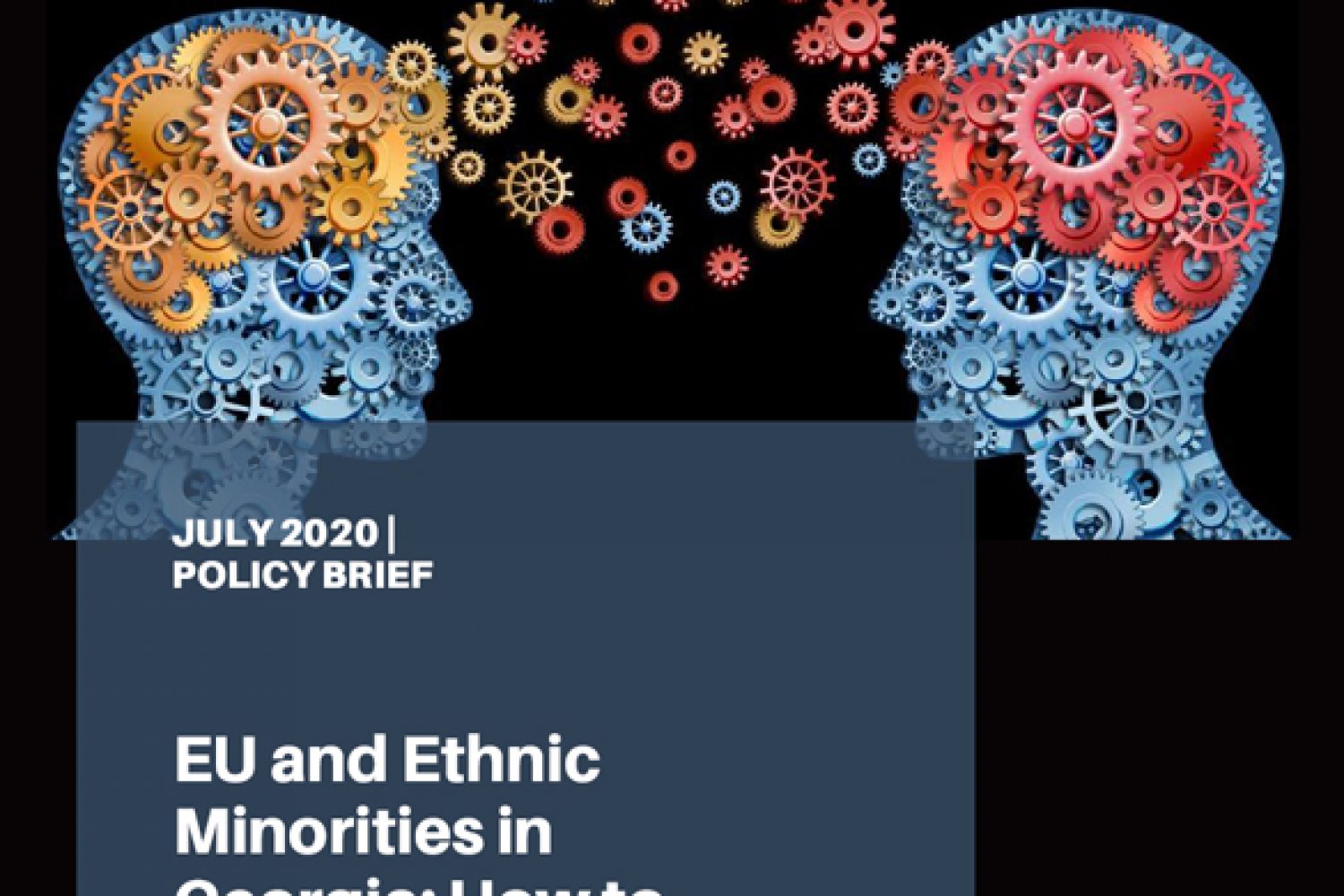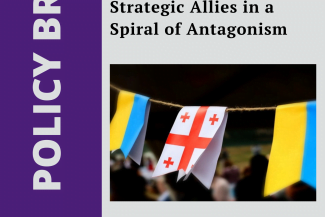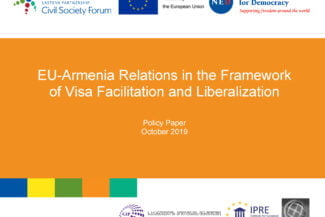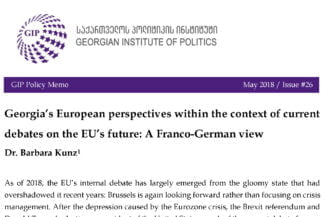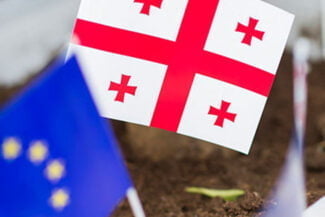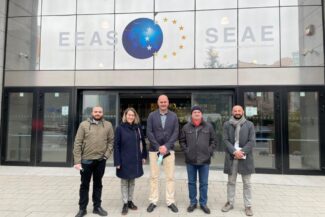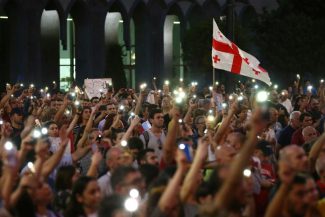15-07-2020
High public support is frequently claimed as a backbone of Georgia`s foreign policy direction and especially its ambition for membership in the European Union (EU). However, ethnic minorities in Georgia comprise a group whose unanimous approval the state’s foreign policy lacks. In comparison to ethnic Georgians, ethnic Azerbaijanis and Armenians in Georgia are significantly less supportive of Georgia`s potential membership in the European Union. This paper outlines possible explanations for this low support among minorities and gives recommendations towards improving their support for EU membership. The paper establishes the extent to which a lack of information and misinformation about the EU account for their position and proposes a more efficient and wider-reaching information campaign.



